Your location:Home >Automotive News >
Time:2022-05-31 10:55:40Source:
According to Reuters, Nissan CEO Makoto Uchida recently told the media, "In three to five years, some auto brands may withdraw from the Chinese market one after another. This is also a portrayal of some traditional auto giants' declining competitiveness in the Chinese market. ."
Looking back at history, since the 1990s, multinational giants have entered the Chinese market one after another, occupying a dominant position in the Chinese auto market, and the market share has often remained at 60%-70%.Among them, in the past few decades, Volkswagen and GM have almost kept pace and have always occupied the top sales in the Chinese auto market.The two groups had a combined market share of 13% and 12% in China last year, respectively, according to LMC Automotive.
But with the advent of the electrified era, this pattern is rapidly being rewritten.
According to data from the China Automobile Association, in 2021, the production and sales ofnew energy vehiclesin China will exceed the 3.5 million mark, an increase of 1.6 times year-on-year, and the market penetration rate will reach 13.4%, 8 percentage points higher than the previous year.However, in the wave of electrification, traditional joint venture brands have fallen behind significantly. According to data from the China Passenger Car Association, the domestic retail penetration rate of new energy passenger vehicles of mainstream joint venture brands is always less than 5%, while the penetration rate of self-owned brands that take the lead is even less than 5%. has exceeded 50%.
In this regard, a survey shows that when many Chinese consumers buy electric vehicles, the first consideration is BYD, and even new car manufacturers such as Xiaopeng, Weilai, Tesla, etc., but they are not very interested in traditional joint venture brands.
In fact, traditional giants have also spared no effort in investing in electric vehicles.GM has announced that by 2025, it will invest 35 billion US dollars in electrification worldwide, and will launch more than 30 newelectric vehicles; among them, more than 20 models will be launched in the Chinese market, including the upcoming Cadillac Lyriq, and the rest. New cars will also be available soon.
Volkswagen has announced that by 2026, it will invest $55 billion in electric vehicles.Focusing on the Chinese market, Volkswagen hopes to become a leader in electric vehicles by 2030.Since the beginning of last year, it has successively brought a number of ID series products, but the sales performance is far less than expected.In 2022, Volkswagen set a sales target of 160,000-200,000 units for the ID series, but only 33,300 units were sold in the first four months.
The reason is that some consumers said that in addition to driving itself, they also want to have a smart experience like a mobile phone, and traditional joint venture brands are obviously not doing enough in this regard.
Some people in the industry expressed concern that when traditional giants design new electric vehicles, they are still based on the needs of the European and American markets, that is, they pay more attention to durability and performance, while ignoring intelligence.
Yasuo Uchida, the former CEO of Nissan China, believes that "the quality of Chinese brand electric vehicles is advancing by leaps and bounds, and the brand competitiveness is becoming stronger and stronger." He added, "Chinese cars will usher in many innovations, and traditional companies must keep pace with the times. To advance, we must respond flexibly in all aspects of design, R&D, etc. Once we are one step behind, we may fall behind completely.”
Bill Russo, a former Chrysler executive who is now head of Shanghai-based consultancy Automobility, has a similar view: “Chinese brands are winning the electric car competition. Because consumers’ car buying demands are completely different from before, and traditional brands are struggling to keep up. superior."
Volkswagen has obviously noticed this key issue. It said that Chinese consumers' demand fornew energyvehicles also includes intelligent demand, and it is accelerating its investment in research and development of local software in China.
Statement: the article only represents the views of the original author and does not represent the position of this website; If there is infringement or violation, you can directly feed back to this website, and we will modify or delete it.
Picture and textrecommendation
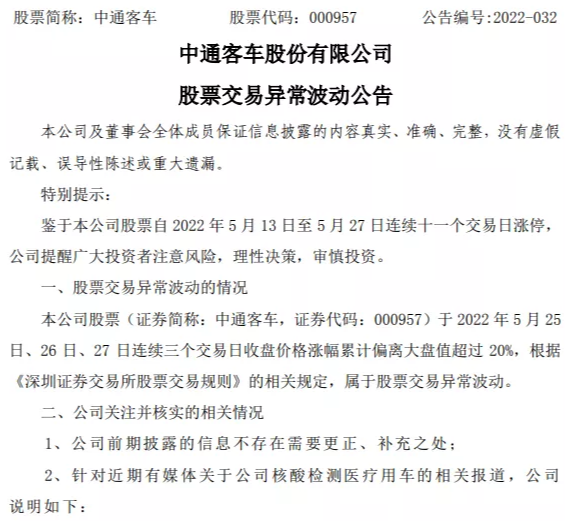
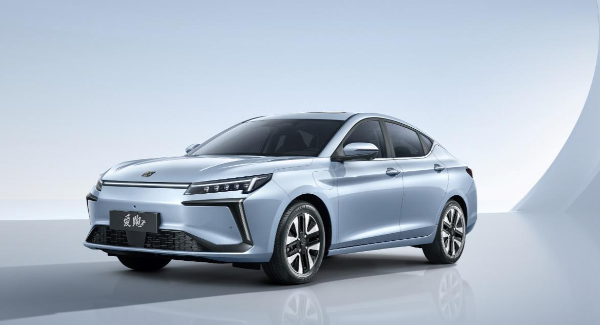
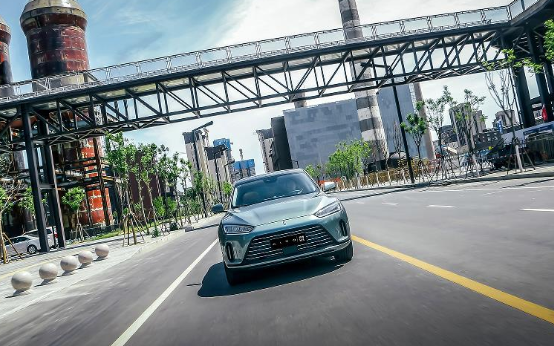


2022-05-30 10:48:13
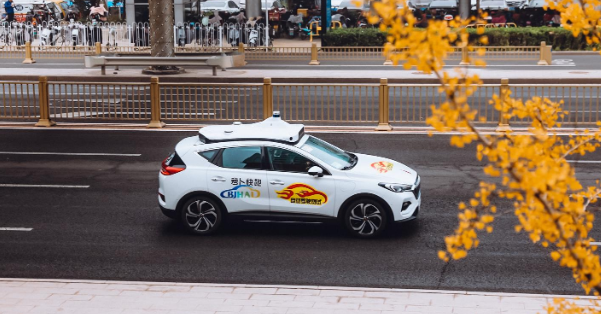
2022-05-30 10:47:43
Hot spotsranking
Wonderfularticles
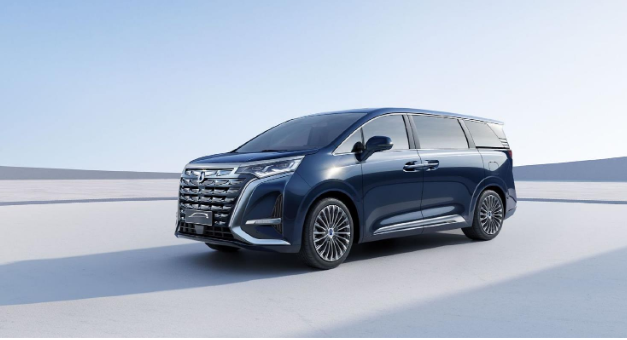
2022-05-30 10:45:48
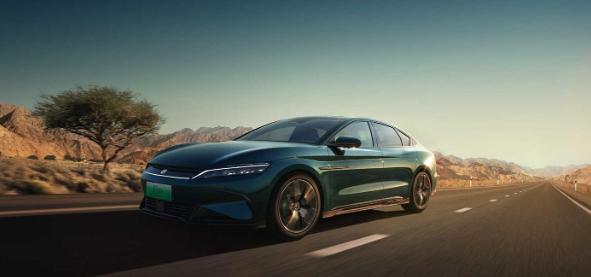
2022-05-30 10:45:16
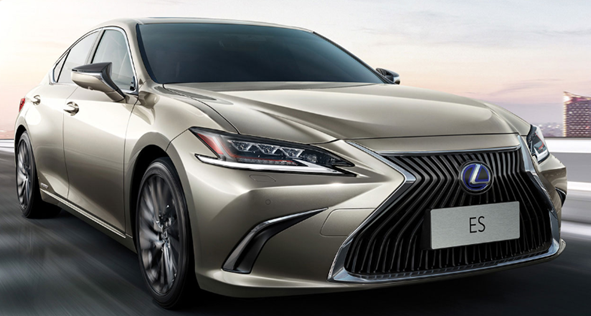
2022-05-30 10:44:42
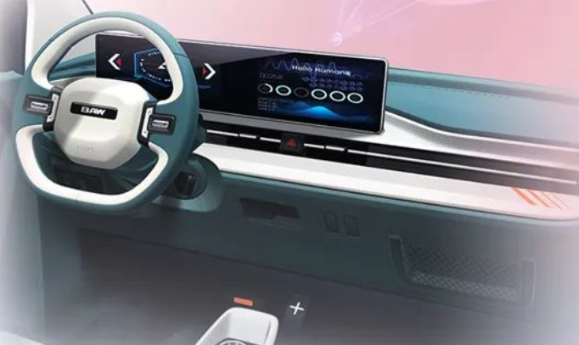
2022-05-30 10:44:06

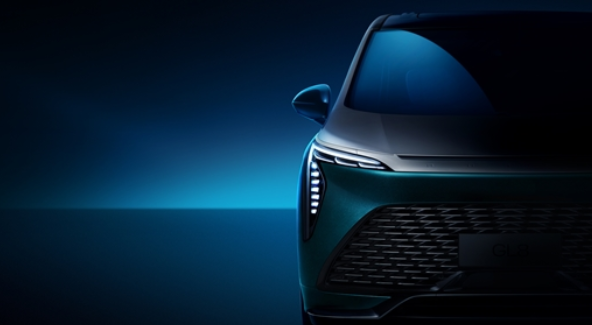
2022-05-30 10:42:30
Popularrecommendations
